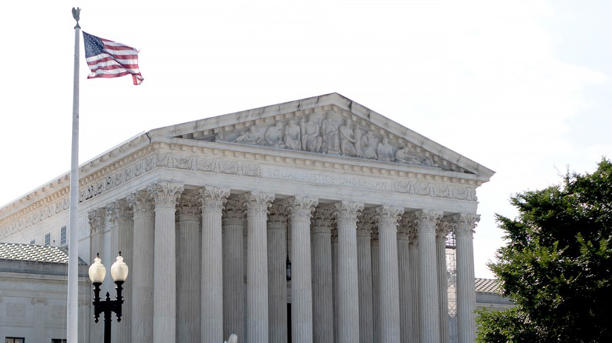Featured
article
- Get link
- X
- Other Apps
U.S. Supreme Court Ruling on Presidential Immunity: Key Implications for Donald Trump
The recent U.S. Supreme Court ruling on immunity has significant implications for presidential power and accountability. Here are some key facts from the ruling:
Presidential Immunity: The majority ruling states that presidents, including former President Donald Trump, have immunity from criminal prosecution when carrying out “official acts.” However, there is no immunity for unofficial acts. This decision is based on the constitutional separation of powers and the nature of presidential authority.
Partisan Split: The ruling fell along partisan lines, with the six conservative justices voting in favor of immunity and the three liberal justices dissenting.
Impact on Trump: In the short term, this ruling almost certainly helps Trump avoid further trials before the 2024 general election. The case has been sent back to the U.S. District Court for the District of Columbia to determine which elements of the indictment count as official and unofficial acts. Trump can use this opinion as a defense.
Campaign Trail: Given the ongoing presidential campaign, this issue is likely to be a topic of discussion. Both political parties have raised concerns about perceived abuses of presidential power.
Public Perception: By stating that presidents are not immune from prosecution for personal acts, the court emphasizes that the highest office in the land is subject to the same legal standards as everyone else.
In summary, the ruling creates a balance between immunity for official acts and accountability for personal conduct, impacting Trump’s pending criminal cases and shaping the public’s view of presidential power.
Popular Posts
Trump's Six Words: "I'm Going to Stop the Wars"
- Get link
- X
- Other Apps
Smart Savings for a Sharp School Start: Canadian Parents’ 2025 Guide
- Get link
- X
- Other Apps




Comments
Post a Comment